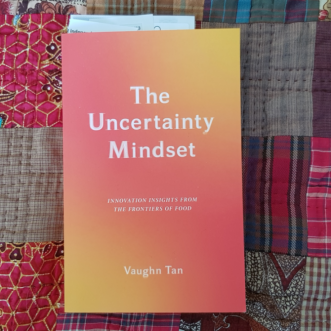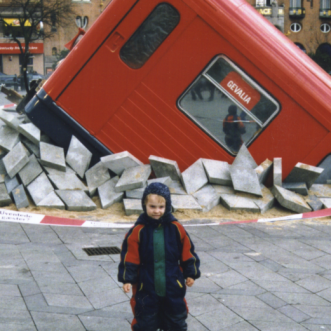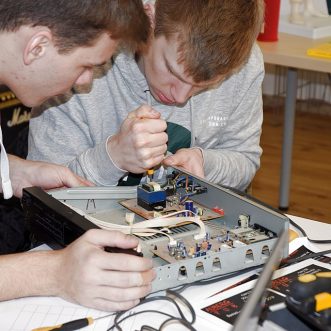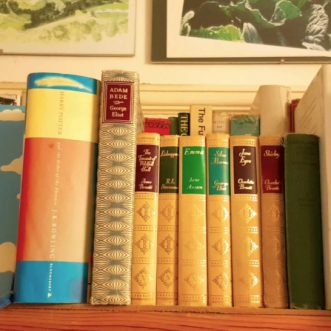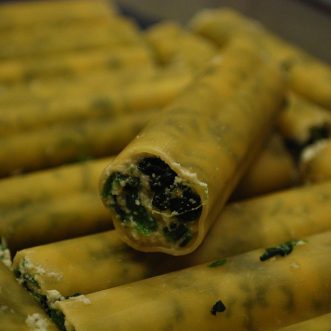
Cannelloni
In ‘The Uncertainty Mindset’, Vaughn Tan describes an interesting situation:
The assistant chef responsible for the popular lunchtime canelloni dish can’t keep up, and despite following instructions can’t consistently get the finished dish to look as it should, so some are sent back. This goes on for weeks.
It takes the owner walking past one lunchtime to spot the problem, discuss the problem with the assistant chef, then take the problem off to the experimental kitchen team for fixing.
It makes some sense for an innovative, high-end kitchen, operating at the cutting edge of dining to separate innovation from the everyday. A busy restaurant needs to run like clockwork, there’s no room during service for experimentation.
But not every problem needs a separate crack team to solve it. Given a bit of space and time outside normal service (more staff working shorter shifts), the assistant chef and their peers could probably have arrived at the same solution, which was a different method of assembly, that took up less time, less space and produced a more consistent result. Only if that failed should the problem have perhaps been passed across to the experimental team for a deeper look at the recipe.
Given regular space and time outside normal service, the restaurant team could solve many such problems, eventually including recipe problems, learning from each other as they go until each of them is able to tweak the process almost seamlessly. That way, the regular team also becomes the crack team.
That’s an idea that’s not just for restaurants.

